
STEM Annual Teaching
Conference 2021
STEM Teaching Conference 2021
About the Conference
The 2nd Annual STEM Teaching Conference aimed to:
- Showcase new or innovative practices/approaches in OU STEM teaching and learning
- Showcase new or innovative practices/approaches in OU STEM assessment
- Share best practice in student support in modules or programmes
- Share best practice in AL engagement/support/inclusion within a school, programme area/module
- Look ahead to future potential curriculum initiatives/innovations (Ignite sessions)
- Describe methods and approaches to improving student engagement in learning processes
Conference programme and supplementary information
The Conference Programme is available to download here. The recorded sessions are available below.
A Conference Booklet is available here where you will find more details about the presentations.
Keynote Speaker: Winston Morgan BSc, PhD, FHEA, FRSB.
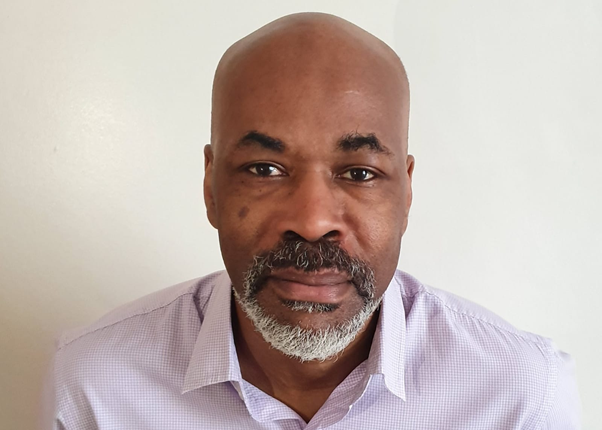
Speaker Biography:
Dr Winston Morgan is a Reader in Toxicology and Clinical Biochemistry and also Director of Impact and Innovation in the school of Health Sport and Bioscience at University of East London. He has been an academic for over 25 years and has researched extensively in many areas of bioscience. He is also involved in research and scholarly activity into factors particularly race which determines societal outcomes in medicine, education and wider society. Dr Morgan has written or contributed to numerous articles including in the Guardian, The Times, The Conversation and the BBC on the intersection of race, ethnicity genetics and other societal outcomes.
Welcome and Keynote
Changing from the attainment gap to the awarding gap is an attempt to shift interventions away from fixing the students and their deficits; a strategy which has failed over the last 25 years, to fixing the tutor and their biases. Despite the change, many still struggle with how this can be achieved. This presentation shows that making changes to the design and delivery of assessments and assessment practices will not change outcomes, primarily because they assume a student deficit. A more effective strategy would be to highlight the role and impact of tutor bias linked to racialised stereotypes. This is particularly important to the allocation of privileges to students which will enhance performance, the marking of assessments and who is accused of academic misconduct. Finally, the presentation provides examples of how we can minimise or mitigate the impact of racialised bias on BAME student outcomes, particularly the awarding gap.
Parallel Sessions – Short oral presentations
Parallel Sessions 1 Meeting Room 1
- Introducing RoboLab: an integrated robot simulator and Jupyter notebook environment for teaching and learning basic robot programming (Tony Hirst)
- Introducing RoboLab: an integrated robot simulator and Jupyter notebook environment for teaching and learning basic robot programming (Tony Hirst)
- Evaluation of game-based learning in a level 2 computing module. (David Bowers)
Parallel Sessions 1 Meeting Room 2
- Early Start Opportunity in S294: what has it achieved? (Katja Rietdorf, Jane Loughlin)
- A pilot study of 2D augmented haptic drawing system for novice practitioners who were classified as blind and visually impaired. (Lisa Bowers, Janet Van Der Linden, Simon Holland, Emilie Giles, Claudette Davis-Bonnick)
- Proactive help for ill-prepared Level 3 students (Louise MacBrayne, Fiona Moorman, Janet Haresnape)
Parallel Sessions 1 Meeting Room 3
- Teaching diversity competence to digital technology apprentices (Clem Herman)
- Student views on TMA feedback (Carol Calvert, Clare Morris)
- Sustaining a community of online learners - a case study from the Open University's MSc in Mathematics (Ben Mestel)
Parallel Sessions 2 Meeting Room 1
- Towards qualification world (Carol Calvert, Rachel Hilliam)
- Adapting to the new normal: using teams to collaborate and co-work with students and associate lecturers (Georgy Holden, Nicole Lotz, Derek Jones)
- A collaborative framework for associate lecturers, to enhance student and tutor satisfaction. (Marina Carter, Richard Mobbs)
Parallel Sessions 2 Meeting Room 2
- Caps, quotas and standby lists: a guide to managing student waiting lists (and reducing your stress levels) (Frances Chetwynd)
- MU123: 10 years and still nailing it! (Sally Crighton, Gerry Golding, Andrew Potter, Katie Chicot)
- Sustainable student support: which half of the glass should we fill? (Hayley Ryder, Toby O’Neil)
Parallel Sessions 2 Meeting Room 3
- A competency-based accreditation standard (David Bowers)
- The impact of using OUAnalyse on attainment gap in 3 STEM modules in 2019J (Martin Hlosta, Vaclav Bayer, Miriam Fernadez, Christothea Herodotou)
- A successful assessment strategy for times of Covid (Janet Haresnape, Vicky Taylor, Hannah Gauci)
Parallel Sessions 3 Meeting Room 1
- Evaluation of historical outcomes and a 2019J proactive campaign of support for Credit Transfer (CT) students studying at L3 in the School of Life, Health and Chemical sciences (Eleanor Crabb, Jane Loughlin, Fiona Moorman, Angelika Fischenich, Jo Smythe)
- How do students and staff use the Mathematics and Statistics Study Site? (Rachel Hilliam, Gaynor Arrowsmith, Derek Goldrei, Alexander Siddons, Cath Brown)
- Supporting students seamlessly through better communications between the Science Student Support Team and Associate Lecturers. (Fiona J Aiken, Fiona Moorman, Gemma Warriner)
Parallel Sessions 3 Meeting Room 2
- Producing a module outside the VLE (Michel Wermelinger & Oli Howson)
- Student support for Data Interpretation skills in S294 (Katja Rietdorf)
- The Mathematics Online Project: a reflection after 10 years (Ben Mestel)
SWAY Presentations
- Student perceptions of online tutorials and forums in S294 and/or SK299
(Lorraine Waters & Sarah Daniell)
- From Outbreak and Lockdown: Moving T885 Residential Weekends to Online Delivery
(Gareth Neighbour)
- OUAnalyse as a means for investigation of degree-awarding gap across ethnicities
(Vaclav Bayer)
- The impact of pre-module interventions on assessment performance in-module and module results
(Becca Whitehead, TR Wilks, H Fraser, R Hildago, C Small)
- Engaging new STEM associate lecturers with induction activities
(Janette Wallace & Hannah Gauci)
For any questions you may have on the Sway Presentations, please contact the authors directly.
IGNITE Sessions
5-minute presentations plus ‘Q & A’ at the end of all presentations
- MST366: Playing around with game theory and recreational mathematics! (Robert Brignall and Andrew Potter)
- The Mathematics MSc: the next 35 years! (Ben Mestel)
- Interdisciplinarity: a wicked problem. (John Baxter and John Butcher)
- Using past performance as a driver for the future. (Paul Collier)
- Remote examinations for Mathematics and Statistics. (Tim Lowe)
- A Future for Learning Outcomes? (Tom Olney)
Panel Plenary, Student Awards and Closing Remarks
We were delighted to welcome our panel, drawn from a range of different universities and STEM disciplines to our annual STEM Teaching conference. The discussion focused on how other STEM practitioners and institutions have experienced the last year and how they feel their teaching practices may be permanently altered as a result of the pandemic and the switch to digital delivery of curriculum. The focus was on the potential long-lasting implications for STEM Higher Education both in traditional and distance learning institutions.
Panel Members Biographies:
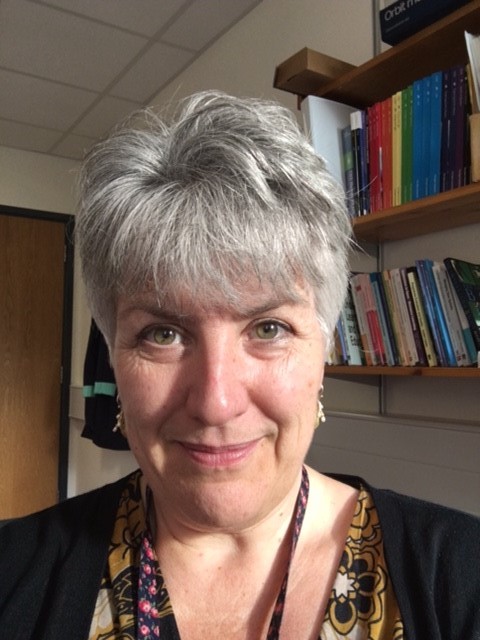
Chair: Diane Butler, Associate Dean Academic Excellence
Diane Butler is Associate Dean (Academic Excellence) in the OU STEM Faculty. Her portfolio includes: scholarship and innovative practice strategy; academic staff development strategy; and widening access and success, equality & diversity.
She is a Life Scientist from the School of Life, Health and Chemical Sciences. Over a period of over 25 years with the OU, Diane’s teaching has largely focussed on interdisciplinary science at levels 1 and 2. She chaired the University’s flagship level 1 science module, amongst others, and was Deputy Programme Director in the Science Faculty. As Director of eSTEeM (the STEM faculty’s Scholarship and Innovation Centre) for 4 years, she supported the further development of the scholarship of teaching and learning in the faculty. Her specific scholarship interests include student collaborative work, the challenges facing online learners and the efficacy of online synchronous tuition.
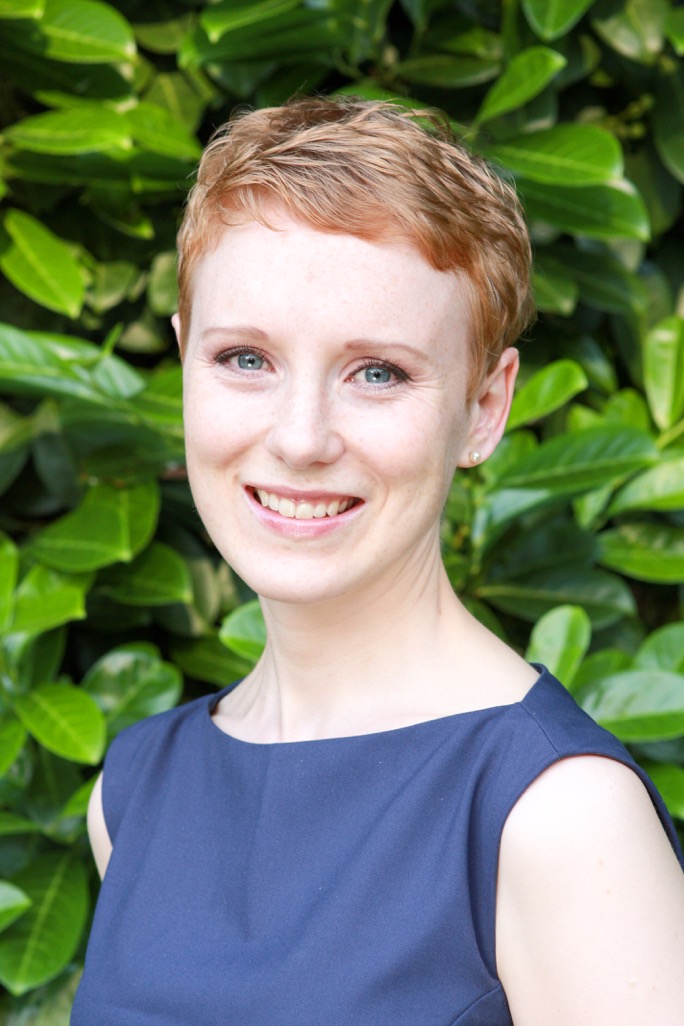
Dr Elinor Jones, Associate Professor (Teaching), Department of Statistical Science, University College London
Dr Elinor Jones is an Associate Professor (Teaching) in the Department of Statistical Science at University College London. She co-founded the Royal Statistical Society’s Teaching Statistics Special Interest Group, which she chairs. Her interests include how to engage students in the learning of statistics, particularly through active learning strategies.
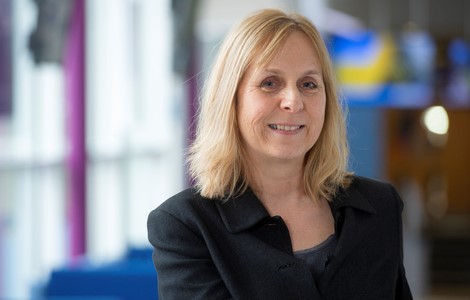
Professor Sally Smith DBA, FBCS, PFHEA, Head of Graduate Apprenticeships and Skills Development, Edinburgh Napier University
Professor Sally Smith is the Head of Graduate Apprenticeships and Skills Development at Edinburgh Napier University. Prior to 2020, Sally was the Dean of Computing at Edinburgh Napier University (2008 – 2020). Working with ScotlandIS, the trade body for the technology sector in Scotland, she is also the Project Director of e-Placement Scotland, a Scottish Funding Council project designed to create 3000 new paid placements for computing students across Scotland. Sally is currently leading the universities’ Data Driven Innovation Skills activity in the Edinburgh and South East Scotland Region City Deal, working to embed data skills across curricula. Sally’s research interests include placement and graduate apprenticeship outcomes and she leads the Centre for Computing Education Research at Edinburgh Napier. Sally studied Maths at Aberdeen University, Computer Science at City University and a DBA at Edinburgh Napier University.
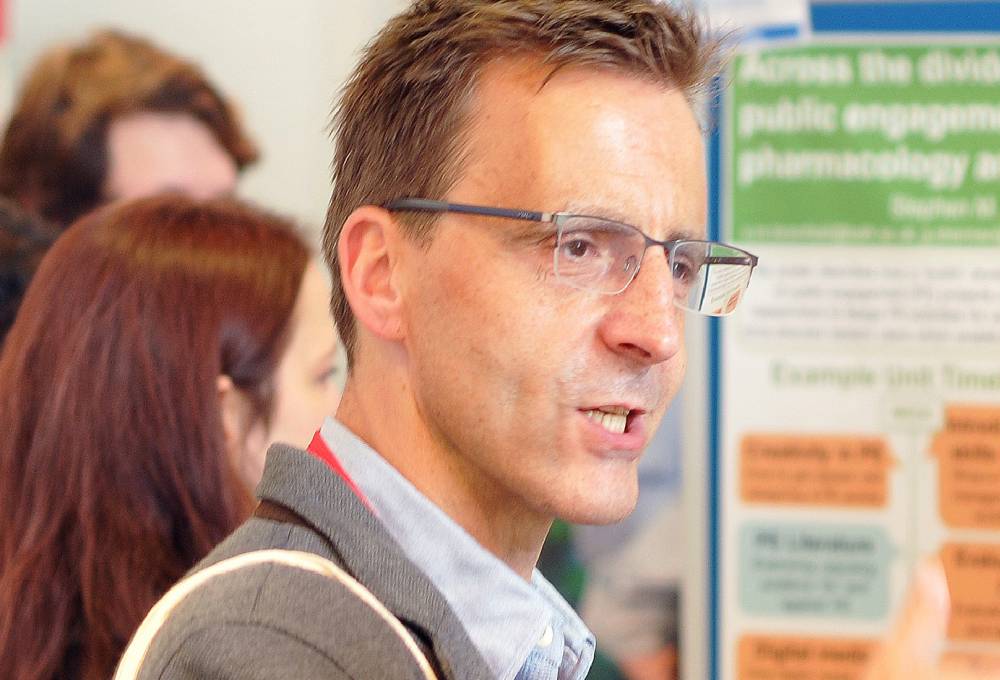
Dr Neil Williams, FRSC, PFHEA, Director of Undergraduate Studies, Faculty of Science, Engineering and Computing, Kingston University
Dr Neil Williams is the Director of Undergraduate Studies for the Faculty of Science Engineering and Computing at Kingston University. This role is focused on enhancing learning and teaching across the faculty. He has a long standing interest in active learning teaching methods, pedagogic research, developing inclusive curricula and closing awarding gaps. Previously he was associate professor in inorganic and environmental chemistry and still has an active research interest in surface chemistry. He is currently a member of the Royal Society of Chemistry Education Division Council.
STEM Student Awards
***The deadline to receive nominations for Student Awards has now closed.***
To coincide with the 2nd annual STEM Teaching Conference we initiated annual STEM Student Awards.
Awards are given for students who best served the STEM Student community, who studied STEM module presentations from 19J onwards and are not on current modules.
- Serving the STEM student community – recognition for students who have supported, enabled, encouraged their fellow students or served the STEM student community in any way.
The winners this year are:
- Sarah Kuklewicz
- Rachel Pattern
- James Dale
- Jim Darby
- Nigel Patterson
- Olga Korabska
Next year, we plan to include a category of Inspirational Achievement - recognition for students who have succeeded with their studies against the odds.
Thank you for attending the 2nd Annual STEM Teaching Conference 2021.
We would value your feedback via the webform by Friday 26th March. The 2nd Annual STEM Teaching Conference - FEEDBACK
Any enquiries
Please contact [email protected] or [email protected] for assistance.
Meet our Academics

In addition to teaching on Open University modules our academics are engaged in ground breaking research that benefits individuals and society.
Request your prospectus
Explore our qualifications and courses by requesting one of our prospectuses today.
Request prospectusAre you already an OU student?
Upcoming Events
Black STEM Hub: How to improve your grades with the library!
Thursday, March 5, 2026 - 18:15 to 19:30
Teams Webinar